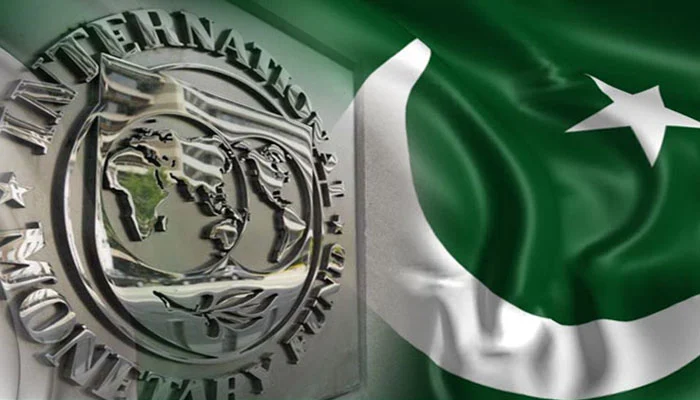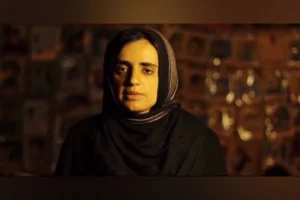“Must we starve our children to pay our debts?” former Tanzania President Julius Nyerere in 1986 had once asked. Many in Pakistan are now asking the same question even as Islamabad’s wait for the International Monetary Fund (IMF) loan for $6.5 billion is not over yet despite its multiple efforts. Hit by inflation and unemployment, the common citizens, who continue to jostle to get a hand on subsidised food items believe that their plight will not come to an end anytime soon.
“We have to accept unwillingly the strict conditions for the IMF deal,” Pakistan Prime Minister Shehbaz Sharif said as Islamabad accepted the stringent riders laid by the multilateral agency.
Amid delay of IMF loans, Pakistan has received assistance from China, Iran and Uzbekistan. China has provided $700 million to the cash starved nation. Even then analysts maintained that until Pakistan receives the IMF loan, it will be difficult to avert a default.
But the IMF loan and its prerequisites are leading to hydra headed problems for Sharif. Pakistan’s weekly inflation hit 41.54 per cent on February 23 up from 38.42 per cent in the previous week. According to various reports, the country does not even have adequate money to feed its soldiers.
“There is a strong fear among some stakeholders that the economy may never come back on track, and the situation may continue worsening both on the economic and political fronts,” Dawn said.
Pakistan has sought IMF’s assistance more than 20 times earlier. Despite the repeated assistance from IMF and other bilateral creditors including China, Pakistan’s economic crisis has only deepened over the years.
Governments over the years have failed Pakistan
Each government has come to power with the claim that it will fix the economic crisis but the story has remained the same.
When Pakistan Tehreek e Insaaf leader and former Prime Minister Imran Khan took charge in 2018, he promised to change the economic landscape. But in 2022, when he was ousted, the economic situation in the country had turned worse with soaring debts, high inflation and unemployment. Last year, in April, after Khan lost the confidence vote, Shehbaz Sharif of the PML-N was sworn in as Prime Minister. Unsurprisingly, Sharif too outlined fixing the crippled economy as his priority. He and his have done little. Pakistan is back to “begging.”
Since 2018, Pakistan has seen six finance ministers. In fact in the last 10 months since the Sharif government came into power, Pakistan has already seen two Finance Ministers. A close aide of PML-N supremo Nawaz Sharif Ishaq Dar who had served as Finance Minister earlier replaced Miftah Ismail in September.
The problem with Pakistan arises when someone wants to fix the economy.
“None of the governments has ever been keen on implementing structural reforms that are vital for the economy, the country needs well thought out policies which are long term in nature. But the country has always resorted to short term quick fix measures and those have brought in more troubles for the country,” an analyst with a rating agency told India Narrative.
Pakistan is among the top five debtors of the IMF, with a total outstanding debt of $7.85 billion. Last year, after Ismail resumed the loan package, the country got another $1.1 billion, which helped Islamabad avert default.
“Until the country focuses on the core issues by bringing in long pending reforms and putting in place long pending policy decisions, it will not be able to fix the economy,” the analyst said.
Also read: As Pakistan raises taxes to please IMF, many smaller firms may be forced to shut down
Pakistan: Has China shut down its consular section due to terror threats?



















